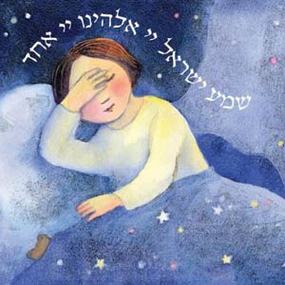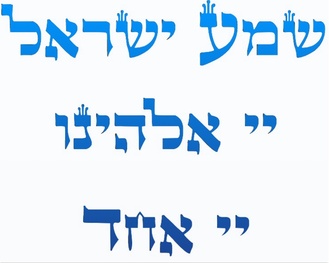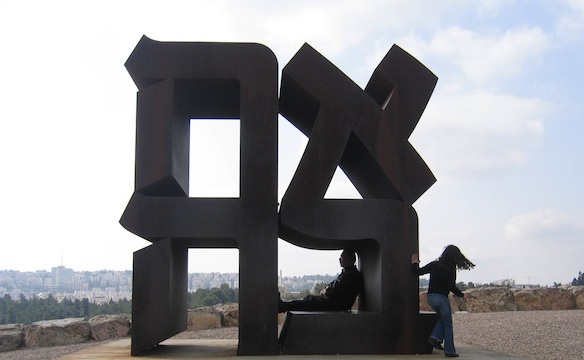 People seek comfort from each other in Jerusalem after an ultra-Orthodox Jew attacked people with a knife during a Gay Pride parade.
People seek comfort from each other in Jerusalem after an ultra-Orthodox Jew attacked people with a knife during a Gay Pride parade. Why is the word "Comfort" said twice? One traditional answer is that both the First and Second Temples were destroyed, so God had to wish double comfort for Israel.
Another answer is a bit more complex. In the second verse of the haftarah reading, Isaiah says somewhat enigmatically, "Jerusalem…has taken from the hand of Adonai double punishment for all her sins" (Isaiah 40:2). Double the punishment, I suppose, requires double the comfort. But a double punishment also suggests a double sin.
To find that "double sin," we can look at the words of the prophet Jeremiah (which we read in the haftarah two weeks ago): "For My people have done a double wrong: they have forsaken Me, the Fountain of Living Waters, and have hewn for themselves cisterns, cracked cisterns, that can hold no water" (Jeremiah 2:13).
Here is our double sin. We have left God and we have put our trust in things that are not God and that cannot help us. Double is our toil. Double is our trouble.
This morning, I heard on the news some real double trouble. Near the town of Nablus in the West Bank, Jewish settlers set fire to two Palestinian homes and killed an 18-month old Palestinian boy. They even had the chutzpah to leave a message claiming that it was done in the name of "King Messiah."
Here's the other half of our toil. In Jerusalem yesterday, an ultra-orthodox man attacked a Gay Pride parade with a knife and stabbed six people. Two of them are in serious condition. One of them is critical.
On this Shabbat, the "Shabbat of Comfort," I feel sorely in need of comfort. The sin of our times is double and it is great. At the same time as we claim to be following God's ways, we are desecrating God's name. We have turned away from God and we have begun to worship our own certainty of our moral grandeur and our superiority. We have rejected the Fountain of Life and we have poured our water into broken cisterns.
Please, God, heal us. Comfort us.






 RSS Feed
RSS Feed
